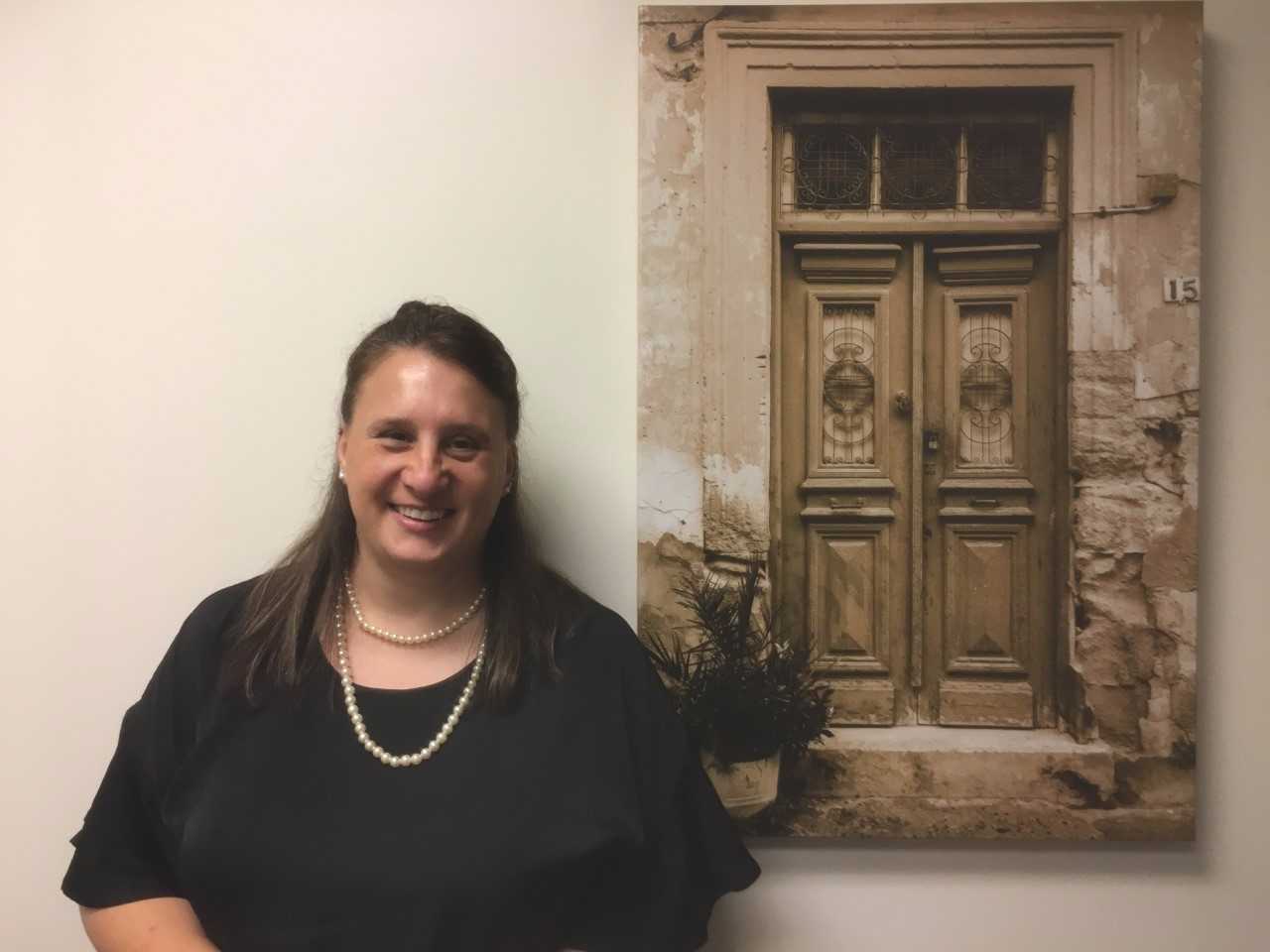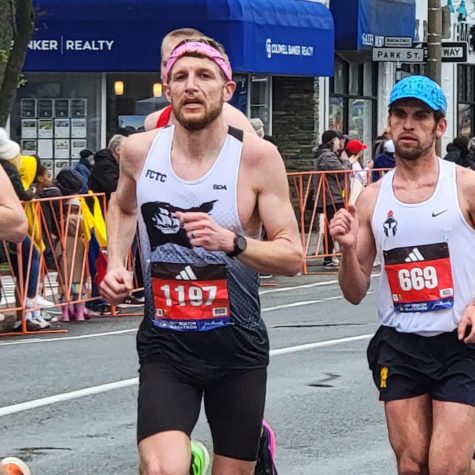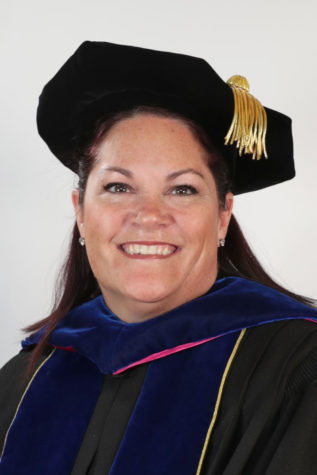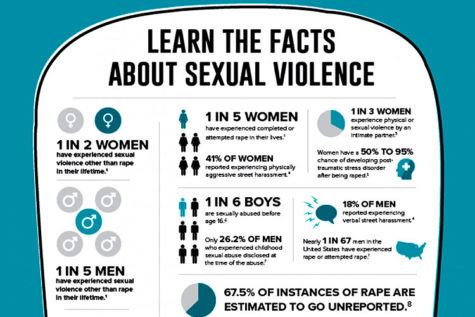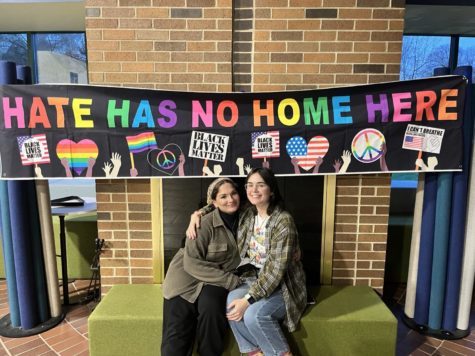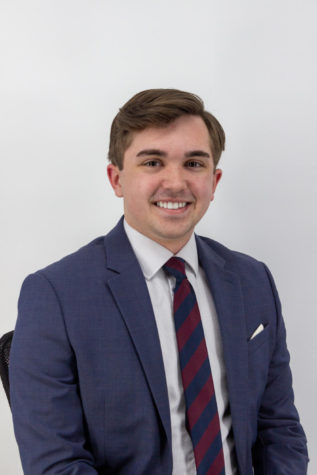New at Hurst: LisaMarie Malischke, Ph.D.
September 19, 2017
LisaMarie Malischke, Ph,D., assistant professor of Anthropology/Archaeology, is a new addition to the department and to Mercyhurst University. Malischke is a historical archaeologist with experience in public archaeology, which is something new and exciting for the department.
Malischke participated in reenactments for the colonial era, which ignited her interest in historical archaeology. She realized that it was a hobby that could be made into a career. She was a reenactor for six years while simultaneously doing other various jobs.
“A student actually got me involved in reenacting with his family, and I just really like that history because it was the history from Midwest and that kind of area we were all living in,” Malischke said.
Malischke completed her M.A., with an Ethnohistory Certificate at Western Michigan University. She received her Ph.D. at the University of Alabama. Prior to coming to Mercyhurst, she worked as a senior archaeologist at a private archaeology firm in Huntsville, Alabama, for a year.
Rosie Pregler, junior Anthropology/Archaeology and Public History major, is thrilled for Malischke to be a part of the Anthropology/Archaeology Department.
“Dr. Malischke has great excitement for what she teaches,” said Pregler. “In return, the students are just as excited.”
Malischke and the rest of the department are trying to build a Master’s program in Public Archaeology. She also plans to involve students in more conferences and is coming up with new ways to teach classes.
“I feel like she’s making a really strong effort to prepare us for starting our careers,” said Kurt Haas, senior Anthropology/Archaeology major.
Malischke was asked to create a class, called Race, Biology and Culture, at a previous university.
“I’d like to work with the history department of maybe creating an ethnohistory emphasis, program or just a series of classes,” Malischke said.
Malischke has several ideas to bring to the department. Once she gets settled, Malischke hopes to work with a range of other disciplines that intersect with public archaeology.
“The skills people learn in fashion merchandising could probably be applied or can help the public archaeologist or public historians with advertising and creating merchandise for the archaeology project,” Malischke said.
Malischke also mentions that art students could help make cool artifact displays.
When asked what one thing she wants her students to take away from her class, she hopes they will be good citizens in defense of history and historical sites.
“You gotta speak up, you gotta go to town hall meetings, you gotta vote,” said Malischke. “You have to help the general public understand what you’re trained in.”
It is also important for them to know why talking about the past is important for the future. If you don’t like what’s going on now, you can change the future because the way things are now is not how it has always been done.
“We need to look at other stories of people,” Malischke said.
Malischke loves to collaborate and talk to everyone, so if you’re interested in any aspect of public history or archaeology, don’t be afraid to stop by her office in Zurn 66.

